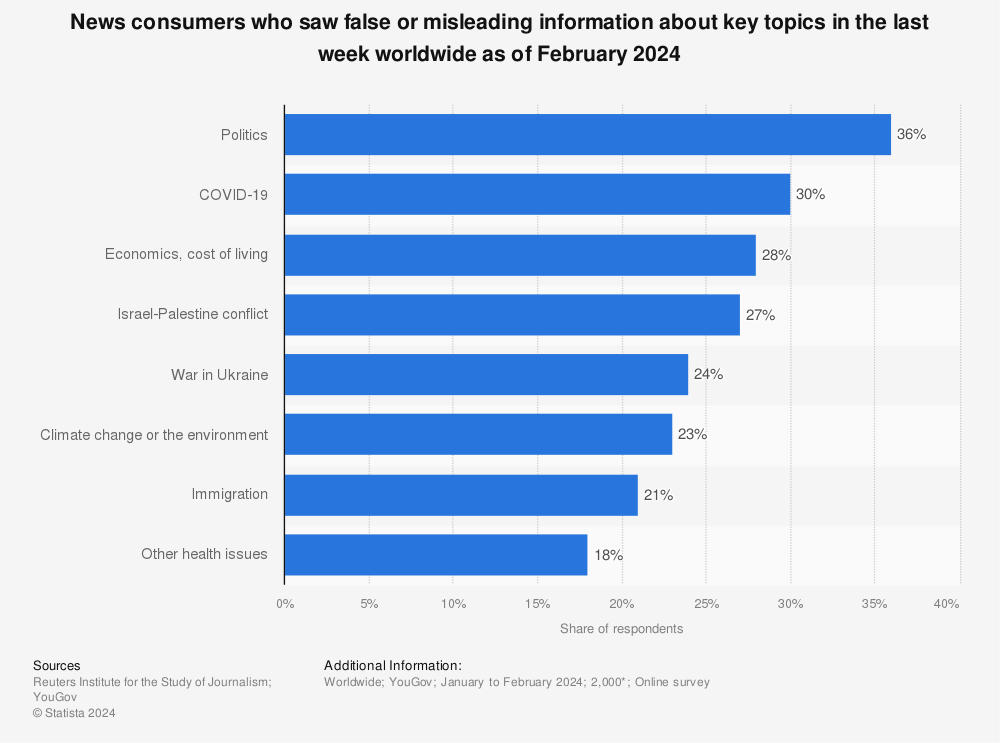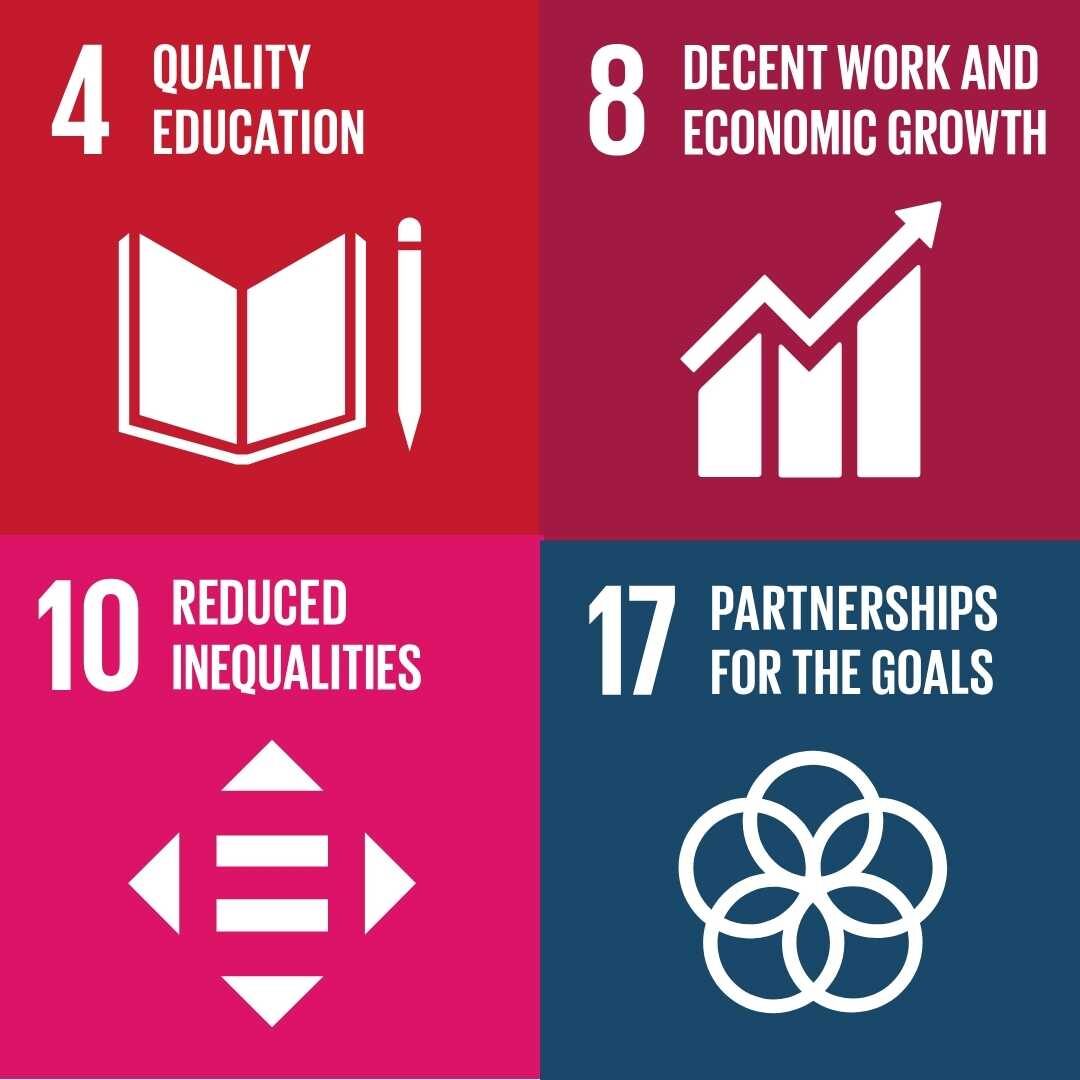Social media has profoundly changed the way we communicate, perceive the world, and live our daily lives. Since its inception, it has influenced every aspect, from personal relationships to global business practices. However, this profound impact also brings a series of challenges and ethical issues. It is essential to address these challenges to minimize the negative effects while harnessing the full potential of social media.
The Transformation of Society with Social Media
The rise of social media has fundamentally altered society in many ways. By democratizing access to information, it has enabled individuals to share their thoughts, ideas, and experiences with a global audience. This unprecedented level of connectivity has empowered global communities, supported social movements, and provided a platform for marginalized voices.
However, the widespread use of social media has also led to a decline in face-to-face interactions and the polarization of opinions. Echo chambers created by social media algorithms make it difficult for users to encounter different perspectives, reinforcing existing beliefs. This situation deepens societal divisions and contributes to the spread of misinformation.

*Image Reference : https://datareportal.com/reports/digital-2024-global-overview-report
Echo Chambers and Social Media Algorithms
- Personalization and Filter Bubbles
Social media platforms use sophisticated algorithms to personalize content based on users’ previous interactions, likes, shares, and comments. This personalization can create “filter bubbles,” where users are only exposed to content aligned with their interests and views, isolating them from alternative perspectives. Eli Pariser’s book “The Filter Bubble: What the Internet Is Hiding from You” highlights how personalization can narrow worldviews and reduce the chances of encountering information that challenges people’s beliefs. - Confirmation Bias
Echo chambers reinforce confirmation bias, where individuals value information that confirms their existing beliefs and reject contradictory information. Algorithms exacerbate this tendency by continuously presenting content that aligns with users’ biases. Studies show that users engage more with content that matches their beliefs, training algorithms to prioritize similar content and further reinforcing their views. - Polarization and Social Division
Echo chambers contribute to political and social polarization due to the reinforcement of existing beliefs. As users consistently encounter content supporting their stance, they become more radicalized, and opposing views become marginalized. A 2018 study published in the Proceedings of the National Academy of Sciences found that social media users are more likely to share information aligned with their political ideologies, contributing to increased polarization. - Impact on Democracy
Echo chambers can weaken democratic processes by creating environments where misinformation and fake news can thrive. When users only encounter information that aligns with their beliefs, they are less likely to critically evaluate the credibility of that information, making them more susceptible to misinformation. A 2020 report by the Pew Research Center revealed that 64% of Americans believe social media platforms have a negative impact on the country’s direction, with concerns about echo chambers and misinformation being prominent.
Overcoming the Issue
Efforts to mitigate the effects of echo chambers include promoting digital literacy, encouraging platforms to diversify the content users are exposed to, and developing algorithms that prioritize content diversity. Additionally, users can take proactive steps by following a broader range of sources and engaging with content that challenges their views.
Effective Communication on Social Media
Effective communication on social media requires being clear, concise, and respectful. Given the brevity of social media posts, it is important to convey messages in an understandable and unambiguous manner. Additionally, the tone of communication should be adjusted considering the diverse audiences that social media platforms attract. Respectful discourse fosters a positive environment and reduces the likelihood of misunderstandings.
To improve communication, users should actively listen to others’ responses and consider their perspectives. This approach not only enhances the quality of interactions but also helps build meaningful connections in the digital space.
The Impact of Social Media on Personal Privacy
Social media has raised significant concerns about personal privacy. The information shared on these platforms is accessible to a wide audience, including unwanted viewers, putting users’ privacy at risk. The collection of personal data by social media companies and its use for targeted advertising increases ethical concerns regarding data privacy and security.
Moreover, the permanence of online content means that once something is shared, it can be difficult, if not impossible, to completely remove it. This can lead to harmful consequences as individuals’ past actions or statements resurface. To reduce these risks, users should be mindful of the information they share and regularly review the privacy settings of their social media accounts.
Considerations When Sharing Information on Social Media
When sharing information on social media, it is important to consider the accuracy, appropriateness, and potential impact of the content. Misinformation can spread quickly, leading to confusion and harm. Therefore, users should verify the reliability of sources before sharing information. Additionally, it is crucial to consider the audience, as content suitable for one group may not be appropriate for others.
It is also important to consider the long-term consequences of shared content. Personal opinions and photos that seem harmless today could lead to unwanted outcomes in the future, especially in professional contexts.
Social Media Addiction
Social media addiction refers to the compulsive use of social media platforms in a way that negatively affects daily life. This addiction is fueled by the instant gratification provided by social media through likes, comments, and shares, which trigger dopamine release in the brain. Over time, users may find themselves spending excessive amounts of time online, neglecting offline responsibilities and relationships.
Preventing social media addiction involves setting boundaries, such as limiting screen time and prioritizing offline activities. Additionally, periodically disconnecting from social media can help reduce addiction and regain control over one’s time. Various applications can be used to manage and control this addiction. These applications can help limit social media usage, encourage digital detox, and generally foster a healthier digital lifestyle.
Applications to Address Social Media Addiction

Forest
How It Works: Forest is an application designed to increase focus and reduce social media usage. The app allows you to grow a virtual tree when you don’t use your phone for a certain period. The less you use your phone, the more your forest grows.

Flipd
How It Works: Flipd is an app that helps you enter focus mode. In this mode, it blocks access to distracting apps and only allows access to the apps you have selected.
Identifying Fake News on Social Media
Fake news poses a significant challenge on social media as it can mislead users and influence public opinion. To identify fake news, users should check the reliability of the source, examine the evidence provided, and compare the information with reliable news sources. Additionally, analyzing the language used, such as overly sensational headlines, can help identify potentially misleading information.
Social media platforms have also developed verification tools and algorithms to reduce the spread of fake news. However, users should remain vigilant and critical of the information they encounter online.

*Image Reference : https://www.statista.com/statistics/1317019/false-information-topics-worldwide/
Verification Tools to Reduce the Spread of Fake News

Google Fact Check Tools
How It Works: Google provides verification labels for news items in search results and Google News. These labels are based on reviews by independent verification organizations and indicate the accuracy of the news.

ClaimReview
How It Works: ClaimReview is an open standard that allows verification organizations to mark verified content and increase its visibility in search engines and social media platforms. Search engines like Google and Bing, as well as platforms like Facebook, use the ClaimReview label to highlight verified content.

Mimikama
How It Works:
Since 2011, Mimikama has set itself the goal of combating false reports on the internet. The focus is particularly on social media and it is possible to check requests sent by users. Mimikama aims to raise awareness and therefore publishes analysis and focus reports on its website. The association is available around the clock and is well networked.
The Working Principles of Social Media Algorithms
Social media algorithms organize content based on users’ preferences, behaviors, and interactions. These algorithms analyze data such as likes, shares, and comments to determine the content that will engage the user the most. While this personalization enhances user experience, it also contributes to the formation of echo chambers, where users are primarily exposed to content that aligns with their existing beliefs.
Understanding how these algorithms work can help users diversify their content consumption and engage with a broader range of topics.
Creating a Safe Online Environment on Social Media
Creating a safe online environment on social media requires a combination of platform policies, user behavior, and community engagement. Social media platforms must enforce rules against harassment, hate speech, and cyberbullying to protect users from harmful content. Users should report abusive behavior and contribute to maintaining a positive online community.
Education is also important, especially in teaching young audiences digital literacy and online etiquette, which can help prevent negative experiences and promote a safer social media environment.
The Use of Social Media in Business
Social media has become an indispensable tool for businesses, offering opportunities for marketing, customer engagement, and brand building. Companies can use social media to reach a global audience, interact with customers in real-time, and gather valuable insights into consumer behavior. However, businesses must approach social media strategically, ensuring that their online presence aligns with their brand values and resonates with their target audience.
Additionally, social media allows businesses to communicate directly with customers, address their concerns, and build a loyal customer base. Effective social media marketing can increase sales, enhance brand visibility, and improve customer satisfaction.
Ethical Guidelines for Social Media Use
Ethical social media use requires honesty, transparency, and respect for others. Users should avoid sharing false or misleading information and refrain from engaging in or supporting harmful behaviors like cyberbullying or harassment. Respecting others’ privacy, obtaining consent before sharing personal information, and considering the impact of online words and actions are also important ethical considerations.
Businesses, in particular, have a responsibility to use social media ethically, ensuring that their marketing practices do not exploit vulnerable communities or spread misinformation. Ethical social media use builds trust and contributes to a more positive and constructive online community.
Conclusion
The rise of social media has brought significant changes to society, communication, and business. While it offers unique opportunities for connection and information sharing, it also presents challenges that require careful consideration and responsible behavior. By understanding the impact of social media use and adhering to ethical guidelines, individuals and organizations can harness the power of social media to create a more informed, connected, and positive global community.
References
- – https://www.claimreviewproject.com/
- – https://images.app.goo.gl/AbqwFANDZUxjW2sx8
- – https://www.forestapp.cc/
- – https://www.flipdapp.co/
- – https://www.statista.com/statistics/1317019/false-information-topics-worldwide/
- – https://newsinitiative.withgoogle.com/de-de/resources/trainings/google-fact-check-tools/
- – https://www.claimreviewproject.com/
- – https://blog.x.com/en_us/topics/product/2021/introducing-birdwatch-a-community-based-approach-to-misinformation
- – https://www.ocoya.com/blog/social-media-ethics-guide#:~:text=Transparency%20and%20authenticity%20are%20essential,terms%20of%20service%20is%20crucial.
- – https://www.ncbi.nlm.nih.gov/pmc/articles/PMC3942703-
Author * Yunus Emre Karahalil















